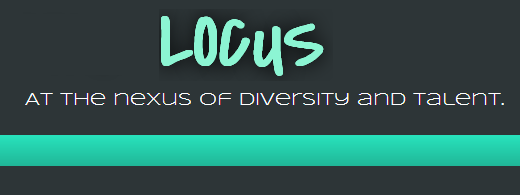Tuesday, May 19
5:15pm Registration; 5:30pm - 7:30pm Program
Minnesota Council of Nonprofits
2314 University Ave. West #20, St. Paul, MN 55114
Register online.
Admission: $7.00/$10.00

*This event is organized for and by people of color as a supportive and courageous space.
In an increasingly diversifying society, our lives and identities are hyphenated and nuanced, posing a challenge to our capacity for identity-driven leadership. The paradox of being part of the "in" group at times and being seen as the "other" at other points adds to the complexity.
Do you struggle with authentically being yourself in any context? Perhaps your conversation, use of language, and expression are different with your coworkers as opposed to with your friends? Code-switching, the practice of shifting the languages you use or the way you express yourself in your conversations, serves to provide an explanation for this behavior.
Though this ability to blend in and adapt in order to survive in our various surroundings could be likened to a superpower, it's not without trade-offs. Working overtime to assimilate and acculturate can create a sense of isolation and diminish our self-knowledge and self-trust.
Join LOCUS on Tuesday, May 19 from 5:30pm - 7:30pm at the Minnesota Council of Nonprofits for a stimulating conversation at "Intersectionality with Intentionality," where we'll explore code-switching, the inherent compromises it places on our authenticity, and a framework for understanding and navigating the implications of intersectional identities.
---
Light refreshments will be provided. Register early as there are a limited number of seats!
LOCUS seeks to serve as a meeting ground for people from diverse backgrounds to engage with one another and to clarify our collective needs and our common aspirations. Through the pursuit of stronger connection and inclusiveness, and by striving for equitable and representative leadership, we aim to create a community that embraces and supports everyone. Join us at http://locusmn.blogspot.com/!

